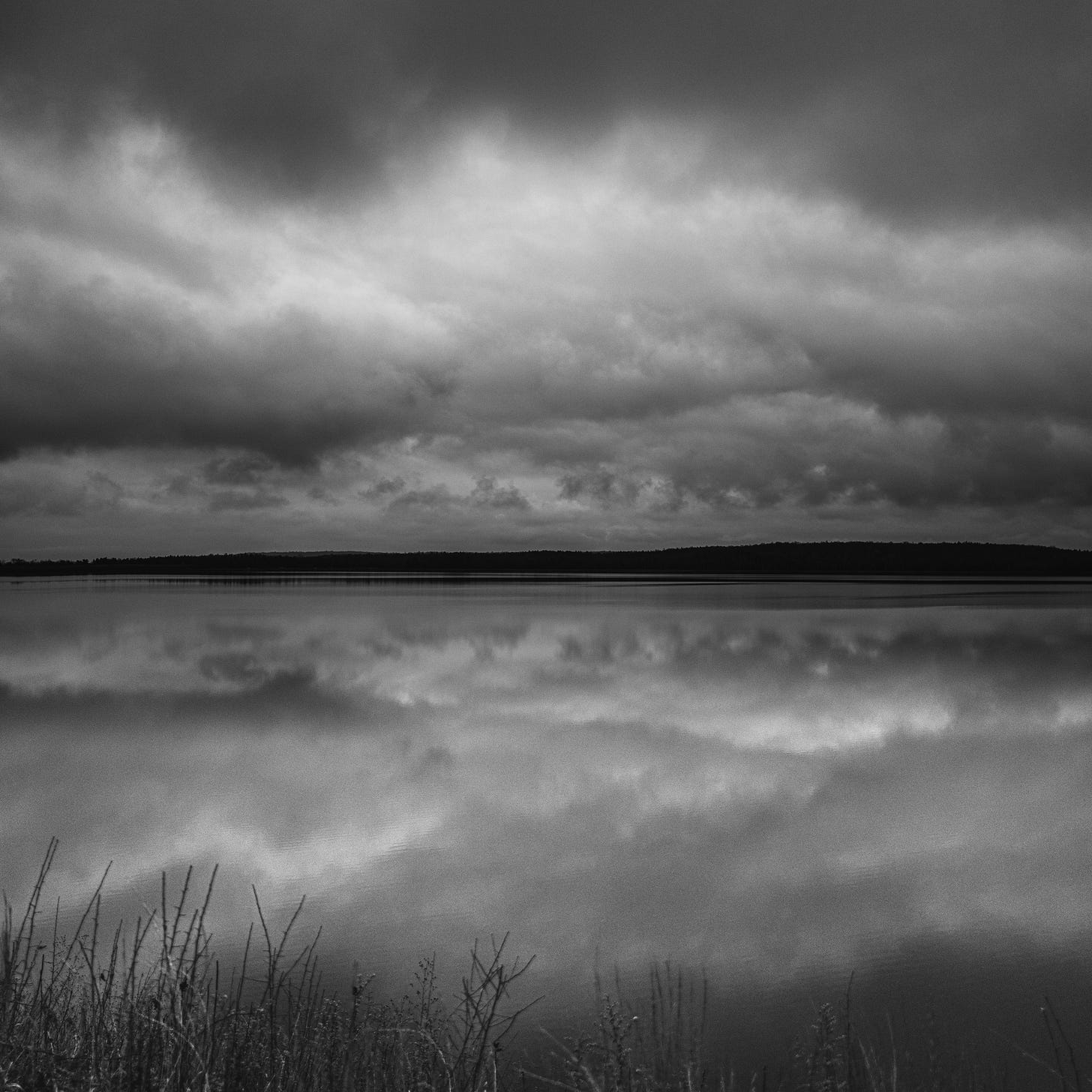setting good boundaries
it's not about power, it's about love
Prentis Hemphill has my favorite definition of boundaries:
Boundaries are the distance at which I can love you and me simultaneously.
I was never, ever taught that boundaries can increase love. It was always sold to me as a last defensive measure. You put up the boundary when people are invading your space or your emotions and you can’t take it anymore. They should be dramatic and devastating.
Basically, you should be nice to people and love them until you you have to draw a boundary with them.
But no, not true. Those are the very things to unlearn.
Boundaries are actually a great way to create more loving and trusting relationships. It’s like realizing a grenade in your hand is actually a bouquet of flowers I can give to anyone I care about and want to love better.
A good boundary has two components to it (this podcast from Art of Accomplishment is the chef’s kiss):
Say the truth of what you are feeling, even if it’s scary.
Do not try to control or change the other person. A good boundary doesn’t tell them what to do, it tells them what you are going to do.
Sigh. I’m terrible at this.
The worst example of this is how a friendship of almost 10 years ended not because they said, “Fuck you!” to a boundary I set, but because I didn’t say anything and just walked away. I ghosted them—the only friendship that made me go paranormal.
I knew the friendship was toxic and burning me out, but I didn’t tell him that. We retreated back to our individual lives. I didn’t draw a bad boundary because no boundary was even drawn. That may have been the easiest path then, but now I regret it. I missed an opportunity for vulnerability, connection, and love, things I want to welcome more in my life these days.
The best example was a boundary set with me a few years ago by a still close friend. A group of us were at a cabin upstate hanging out for the weekend and during a conversation I mentioned to a friend about how something he said reminded me of his mom. He stopped what he was doing, turned to me and asked, “Please don’t talk about my mom in that way, you never met her or knew her.” We became close as his mom became ill and when she passed away I attended her funeral but never had the chance to meet her.
I apologized, and I have never brought her up in a familiar way ever since then. His boundary didn’t offend or hurt me, but rather made me love him more. It also made me trust his words more because he was vulnerable about what he needed.
As I’m putting this to practice, I’m internalizing the first rule of a good boundary as: what I feel matters, and it matters enough to be expressed, no matter the consequences.
That last bit about consequences was a third rail for me. God forbid I make my wife angry, or my friendships uncomfortable, or create any awkward situation. I felt I couldn’t bear being the one that rocked the boat, all the while I was the one running around making sure everyone was ok when the boat eventually capsized.
But honoring my truth and feelings even if it’s scary means I am loving myself in creating the boundary.
The second rule about not changing or controlling the other person is about loving them in creating the boundary. The expression of my feelings doesn’t have to have power over the other person. It just has to be a clear exchange of what I am going to do if they do this.
Asking for what you need isn’t hard because you don’t know what you need, but because it’s scary to express it.
But do it correctly and you’ve just handed someone a flower, telling them you care about them, and you care about them enough that you want to set boundaries where I can love you and me at the same time.



Beautiful 💗 the world needs this
Great way to consider it: so I can love you and me at the same time. Thank you, Minnow